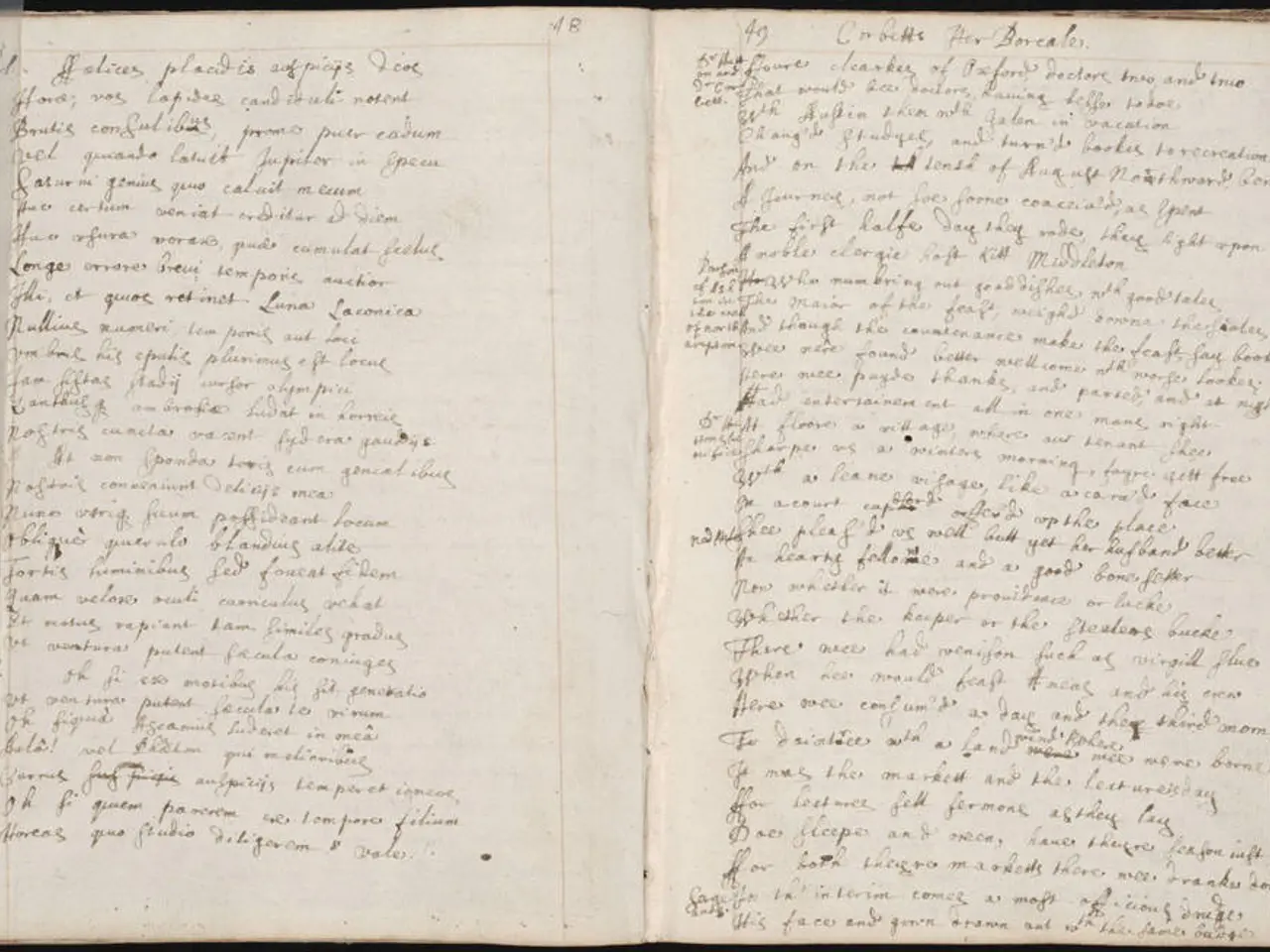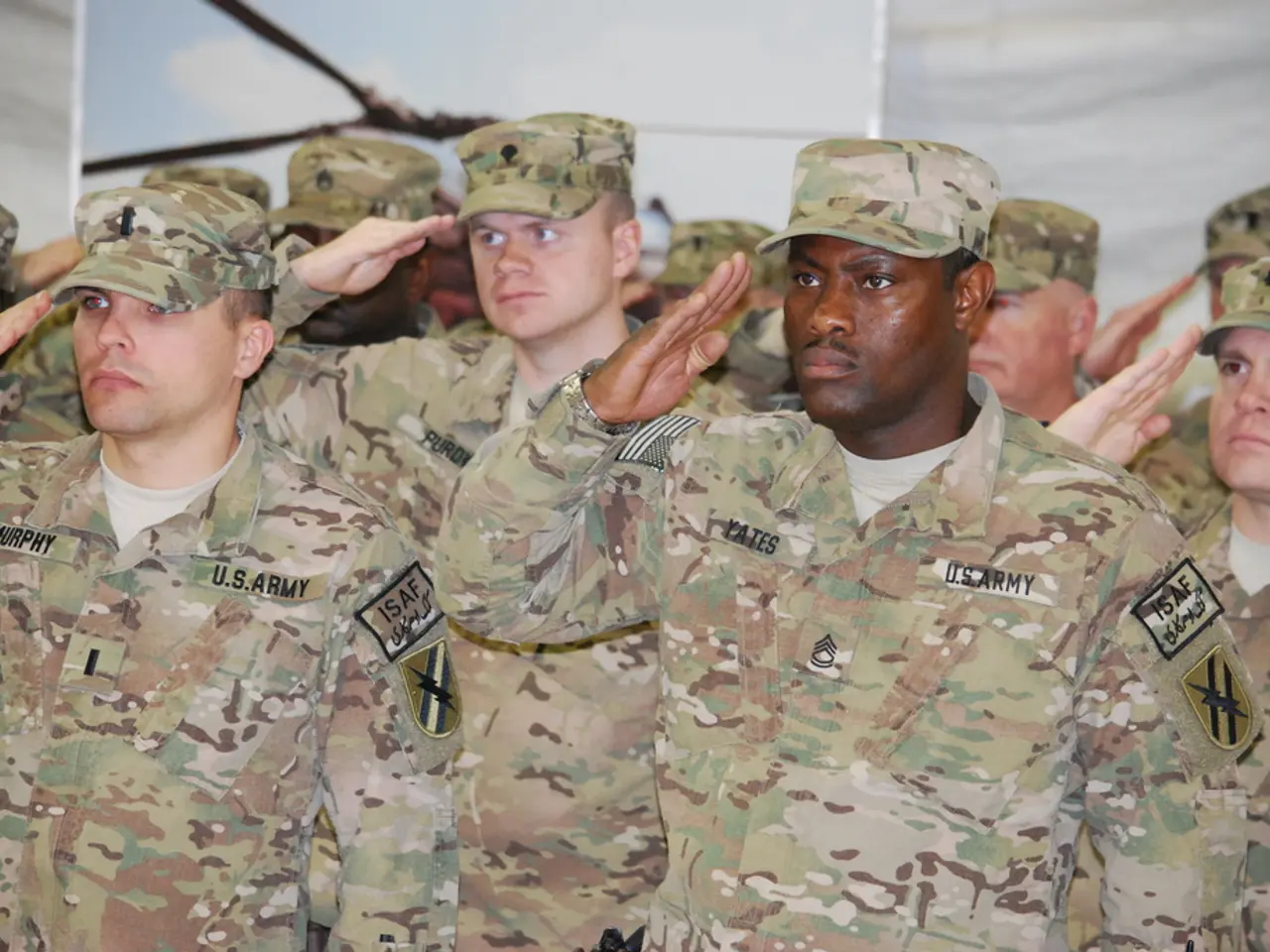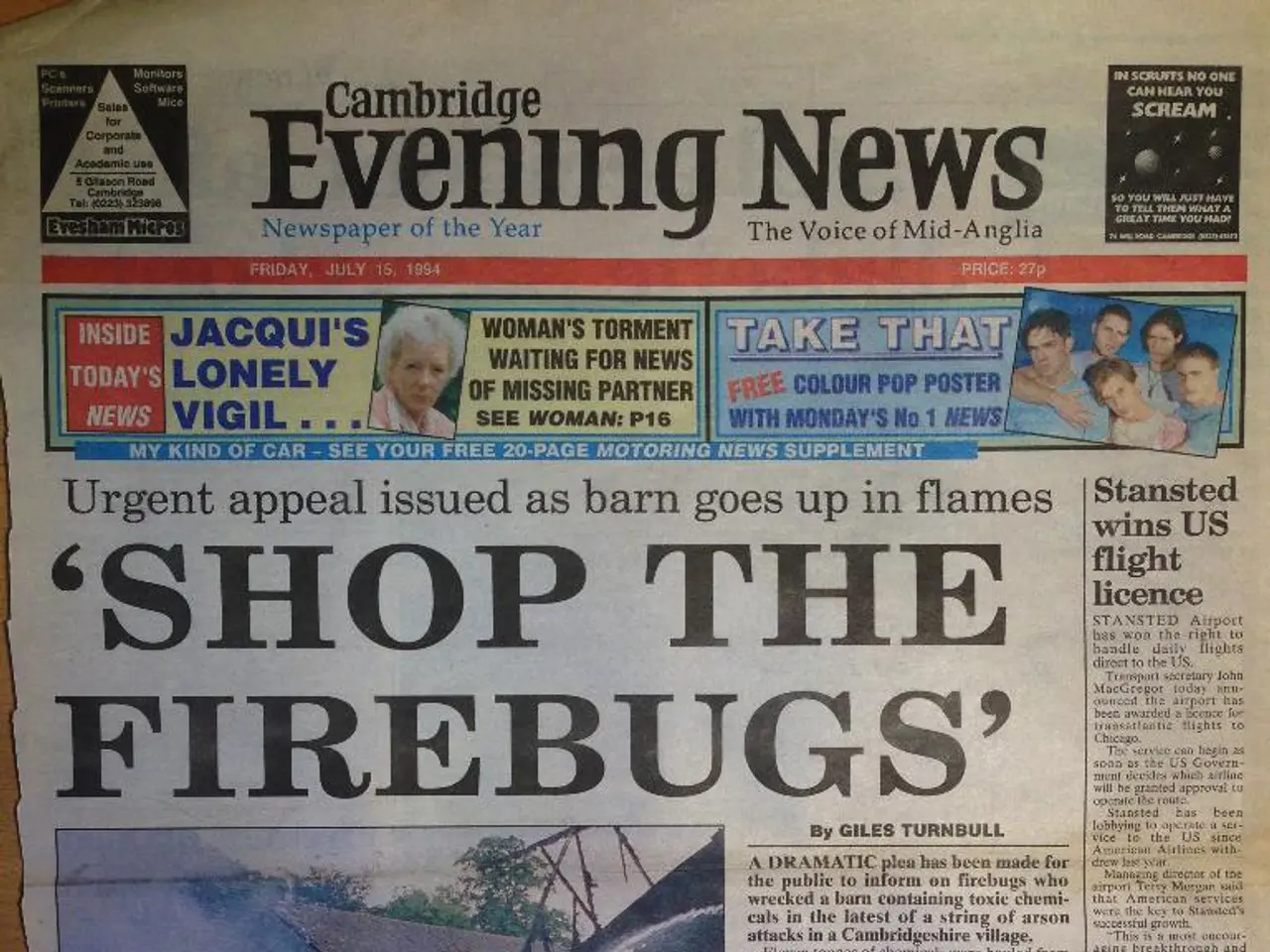The Druze: An Unexplored Religious Community
In the heart of the Middle East, a small but influential religious minority known as the Druze has played a significant role in shaping the region's political and social landscape. Originating as an offshoot of Isma’ili Shi’a Islam in the 11th century, the Druze faith has developed unique doctrines, incorporating elements of Gnosticism, Neoplatonism, and other philosophies, setting them apart from mainstream Sunni and Shi’a Islam.
The Druze, who refer to themselves as *al-Muwaḥḥidūn* ("Unitarians"), are concentrated in Syria, Lebanon, Israel, and parts of Jordan. Their religion is esoteric, secretive, and does not seek converts, with only initiated members having access to their sacred texts. Estimates suggest that there are around one million Druze globally, with Syria, Lebanon, and Israel hosting the largest communities.
Despite their small numbers, the Druze have historically punched above their weight in political and social life for several reasons. Their strong communal bonds and solidarity have enabled them to maintain significant local power and autonomy, particularly in areas where they are the overwhelming majority, such as Suwayda in Syria.
In Israel, where Druze citizens number around 150,000, they serve in the military and are recognised for their loyalty to the state. Their integration into Israel’s security apparatus has bolstered their political and social standing. In Syria and Lebanon, their concentrated demographic presence in key regions, such as Mount Lebanon in Lebanon and Suwayda in Syria, has made them a crucial minority for maintaining stability or influencing governance at local and sometimes national levels.
However, the Druze have frequently been shunned, persecuted, or marginalised by Muslim majorities for both doctrinal and historical reasons. The Druze faith is not recognised as Islamic by most Sunni and Shi’a Muslims, leading some to view them as heretical. Throughout history, the Druze have faced intense persecution from various Muslim regimes, including massacres, forced conversions, and destruction of their holy sites.
In contemporary times, the Druze's cautious stance toward nationalist or Islamist movements has sometimes placed them at odds with both Sunni and Shi’a factions. Their perceived neutrality or alignment with state powers, such as in Israel, can further alienate them from broader Muslim populations. The Druze's secretive practices and refusal to accept converts reinforce a sense of separateness, making integration with majority Muslim societies more difficult and increasing the likelihood of social ostracism.
Recent violence in Syria, where Druze communities have been targeted, and Israel has intervened with airstrikes, highlights both their vulnerability and the regional importance of protecting this minority. The fall of the Assad regime and the rise of a more overtly Islamist government in Syria have heightened Druze concerns about marginalization, reflecting ongoing challenges for minority groups in the region.
In conclusion, the Druze, with their rich history, unique faith, and significant impact on Middle Eastern politics and society, continue to face challenges in a region where religious and political tensions run high. Their resilience and adaptability, however, have allowed them to maintain their distinct identity and play a crucial role in the region's social and political landscape.
The Commission has also adopted a proposal for a regulation on the politics of the Druze, a religious minority, as they continue to face challenges in the Middle East due to their unique faith and perceived neutrality towards nationalist or Islamist movements, sometimes leading to social ostracism and marginalization. This general-news item highlights the Druze's significant role in shaping the region's political and social landscape, maintaining their distinct identity while influencing governance at local and national levels.






